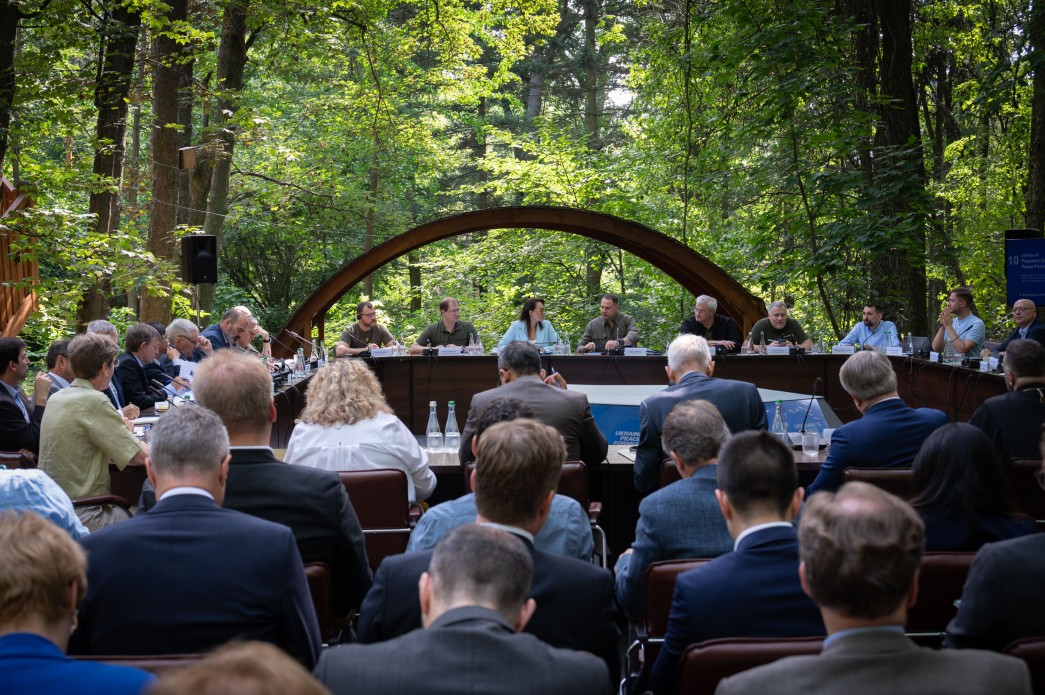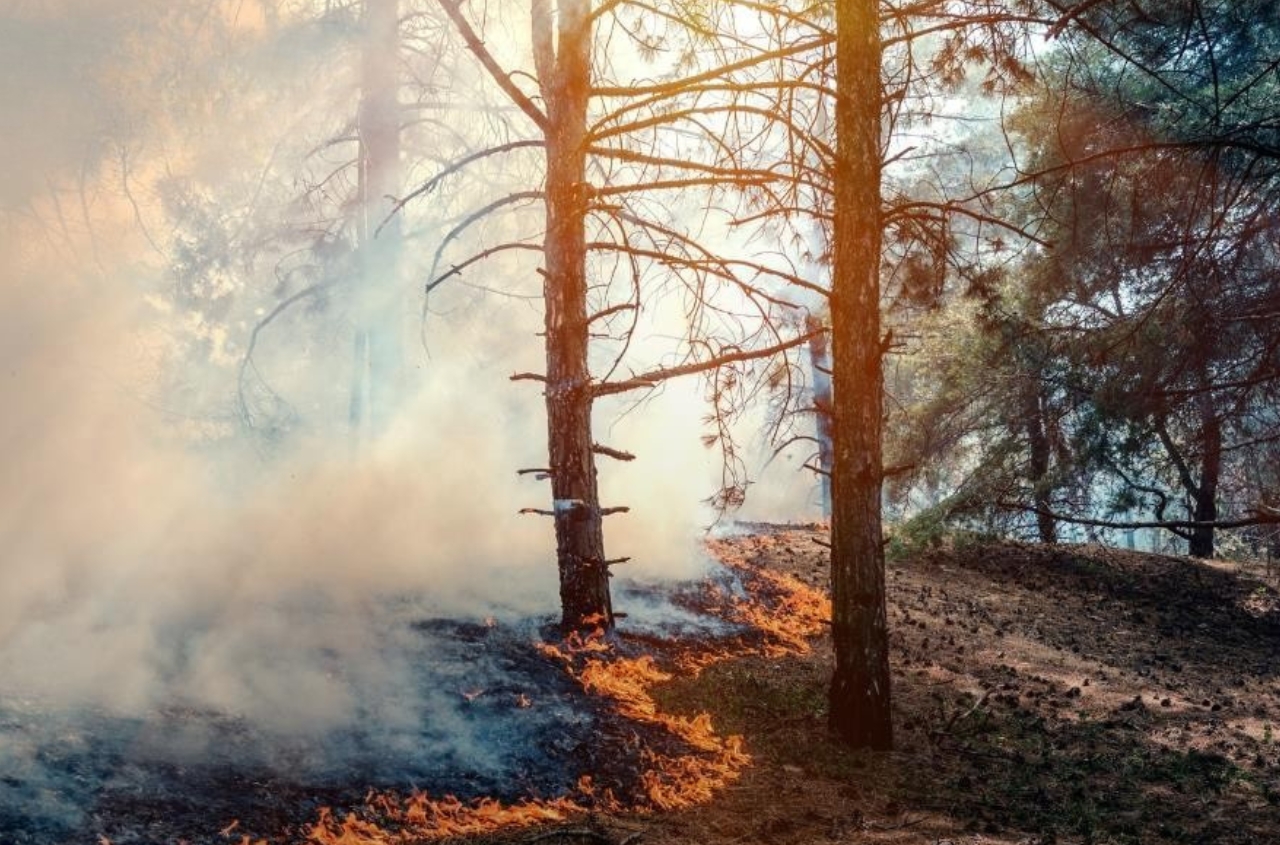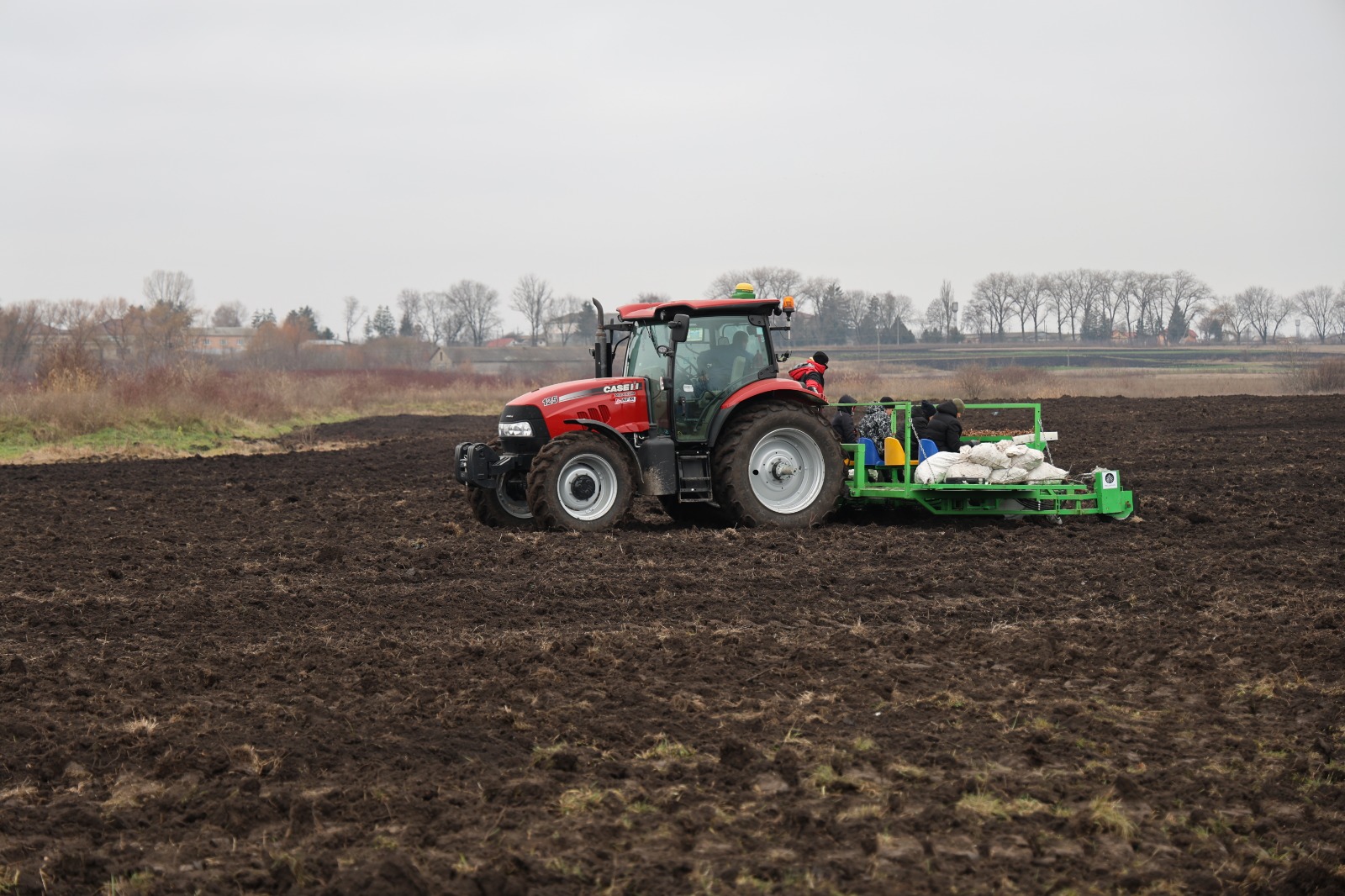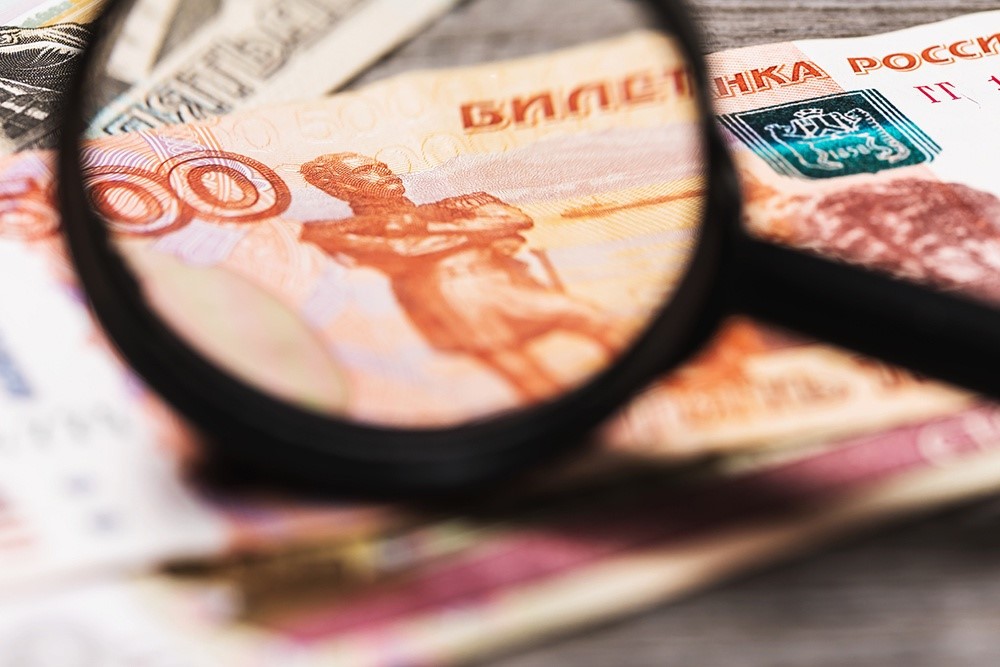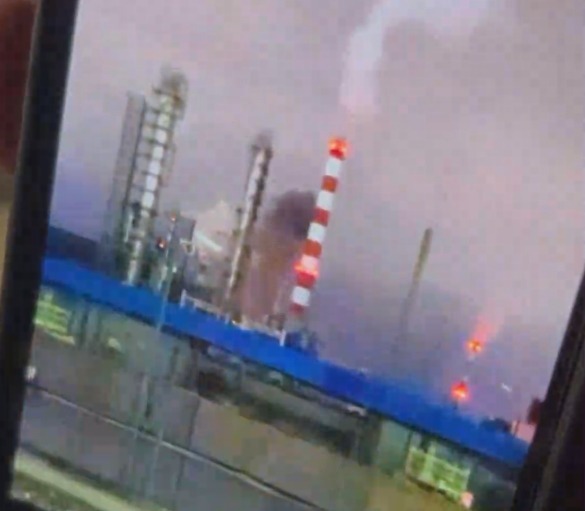On the instructions of President Volodymyr Zelenskyy, Head of the Office of the President Andriy Yermak held the sixth meeting with representatives of foreign diplomatic institutions accredited in our country regarding building a system for the implementation of the Peace Formula.
The meeting, which took place on the territory of the botanical garden of the National University of Life and Environmental Sciences of Ukraine, concerned the point of the Peace Formula "Ecological safety."
Representatives of 63 diplomatic missions took part in the event in person and via video links.
Yermak thanked the representatives of the diplomatic institutions of Albania, Cyprus, Malaysia, Moldova, Malta, Slovenia, Thailand, Vietnam, who joined the discussion of the points of the Peace Formula for the first time.
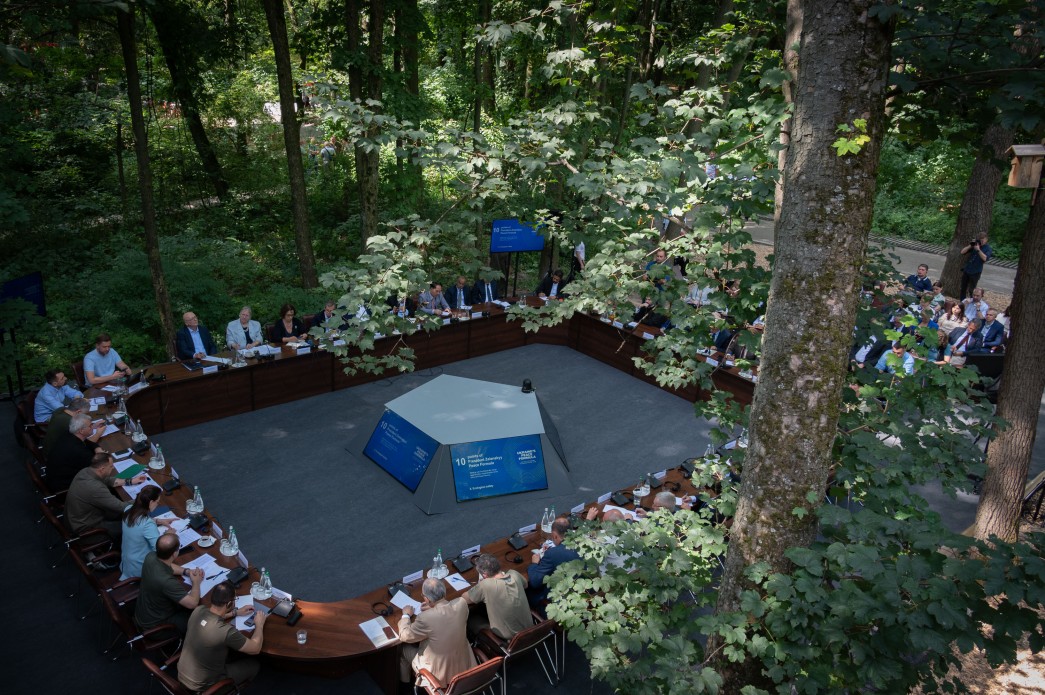
"I am sincerely convinced that with joint efforts, we will quickly overcome the path to a just and sustainable peace. Our proposed Formula is the framework that enables this promotion. It covers a number of projects that your countries help us implement, for which we are infinitely grateful," the head of the President's Office said.
He thanked the representatives of the diplomatic missions for the dialogue regarding the creation of working groups on the implementation of separate points of the Peace Formula, which is an extremely positive signal.
"We count on fruitful cooperation and hope that soon we will be able to develop an action plan to implement each point of the Peace Formula. Your participation in this process is extremely valuable," Yermak said.
In the context of environmental security issues, the head of the President's Office said that Russia is at war not only with the Ukrainian state, but also with the environment. According to him, almost 2,500 cases of environmental damage have already been recorded, and the Prosecutor General's Office is investigating almost 200 cases of environmental war crimes.
"The intent behind these crimes, and their scale, points to a systematic policy of extermination. Damage, often irreparable, was caused to soil, air, forests, and water resources. In some places, entire ecosystems have been destroyed. About 250,000 square kilometers of Ukraine's territory are contaminated by mines and shells. This is comparable to the territory of Great Britain," he said.
Yermak said that 20% of nature conservation areas of our country are under occupation or in the war zone. In addition, almost a third of Ukrainian forests have been damaged due to Russian aggression.
"About 3 million hectares have been dug up or burned. This is about three fourths of the territory of Switzerland. Tens of thousands of tonnes of toxic substances enter the air from thousands of fires and millions of explosions. About 33 million tonnes of carbon dioxide were released into the atmosphere," he said.
The head of the President's Office said that nature can mercilessly punish all mankind for the inability to stop an aggressor who disregards her laws.
"We all have something in common. This is our planet. It unites us despite any ideological differences, skin color or political system. Therefore, the crimes against nature that Russia is committing today in Ukraine are crimes against the entire planet. Against all states and nations. And not only millions of living creatures in Ukraine suffer from ecocide, but also millions of people all over the world suffer," Yermak added.
The head of the Office of the President noted the special importance of creating an effective mechanism to overcome the environmental consequences of the Russian invasion. According to Yermak, in this matter it is worth working in three key directions: assessment of environmental damage, including long-term consequences, compensation for damages and prosecution for environmental damage; ecological recovery and transition to a green economy.
"These approaches are aimed not only at mitigating the current environmental crisis, but also at laying the foundation for a sustainable and environmentally conscious future," he is convinced.
The head of the President's Office separately touched on the issue of demining the territories of our country. He said that to coordinate efforts and develop a demining policy, the government created the Humanitarian Demining Center.

"This will help establish the joint work of public and private entities in accordance with the best standards accepted by all interested parties, use the support of partners as effectively as possible, and also determine real issues and ways of their implementation," Yermak added.
He said that the supervisory board of the Humanitarian Demining Center unites international leaders and Ukrainian experts on this issue. According to Yermak, the supervisory board works according to transparent rules, especially regarding the use of support that Ukraine receives from foreign partners.
"Like other aspects of the Peace Formula, environmental protection requires a common vision and joint efforts," the head of the President's Office said.
First Deputy Prime Minister, Minister of Economy Yulia Svyrydenko, Minister of Environmental Protection and Natural Resources Ruslan Strilets and Minister of Internal Affairs Ihor Klymenko informed the meeting participants about the current situation in the field of environmental security in Ukraine.
Co-chair of the Ukraine War Environmental Consequences Work Group, ex-Minister of Foreign Affairs of Sweden Margot Wallström emphasized the importance of paying significant attention to the issue of the impact of the war in Ukraine on the environment. She said that the implementation of this point of the Ukrainian Peace Formula is crucial not only for Ukraine, but also for everyone in the world.
Wallström emphasized the need to document crimes against the environment.
The ex-minister also said that, considering the fact that Ukraine is one of the largest exporters of grain to the world market, aggression against our state creates risks for global food security.
In addition, according to her, there are critical challenges for sustainable development and prevention of climate change.
"We know that it is not enough to simply pay attention to the impact of war on the ecology of every country. There are no generally accepted standards to measure the damage caused to the environment by this or that war or conflict. We have to identify these damages, work to prevent them from increasing, and also unify these lessons learned so that they can be applied in the event of other conflicts," Wallström said.









